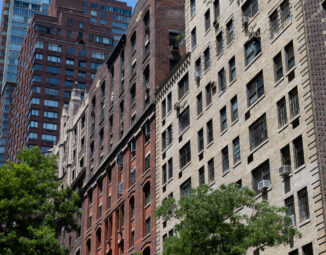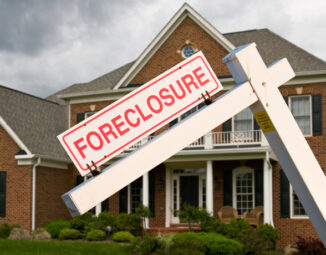Pandemic-Inspired Conversion of Commercial Property into Residential
After many companies witnessed the successful transition of their office workers to working from home during the COVID-19 pandemic, many of these businesses have elected to downsize or even close their offices altogether. Retail establishments, including restaurants, relied upon the patronage of these office workers. As a result of the exodus from office buildings, the retail sector in those areas has also had to adapt by shutting down completely, eliminating hours, or transitioning into curbside pickup and/or delivery-only options. As the news organization Politico recently explained:
“Pandemic-induced changes in work patterns have taken an especially acute toll on the central business districts of cities — ecosystems that rely on a daily flood of office workers who frequent coffee shops and lunch spots, stop at restaurants and bars after work, and drive public transit ridership.”
With the downturn of business travel and tourism, hotels have faltered, as well.
Simultaneously with people spending more time at home, there has been an upswing in the urban and suburban housing markets, with the supply of available homes insufficient to meet demand. As the demand for housing outstrips the supply, the median value of homes has increased across the country, in general, and across Pennsylvania and New Jersey, in particular, throughout this past year. Some housing stock is also consumed by short-term rentals, like Airbnb.
The combination of these market forces has resulted in an accelerating trend of converting these newly empty commercial spaces into housing. Like recycling any material, apartment conversion — also known as adaptive reuse – is less expensive, faster, and more environmentally friendly compared to constructing a new building from scratch, especially if an existing building does not have to be demolished first.
According to one recent study by the nationwide internet listing service RentCafe, 2021 was the most successful year on record for apartment conversions. Philadelphia ranked second in 2021 for the most apartment conversions of any major city in the United States, after Washington, D.C. – but the City of Brotherly Love topped the list for most apartment conversions for the past two years (2020 and 2021) combined. Pittsburgh was also in the top ten cities for the past two years.
Much of this prized, vacant real estate is zoned for non-residential purposes, requiring it to be re-zoned before it can be transformed into homes. Re-zoning is often an arduous and costly process. Obermayer remains a top resource for developers. If you are interested in adapting commercial real estate to residential, please reach out to a member of our team so that we can provide specific advice based on the facts and circumstances relating to your particular property or any property you are interested in buying.
The information contained in this publication should not be construed as legal advice, is not a substitute for legal counsel, and should not be relied on as such. For legal advice or answers to specific questions, please contact one of our attorneys.





